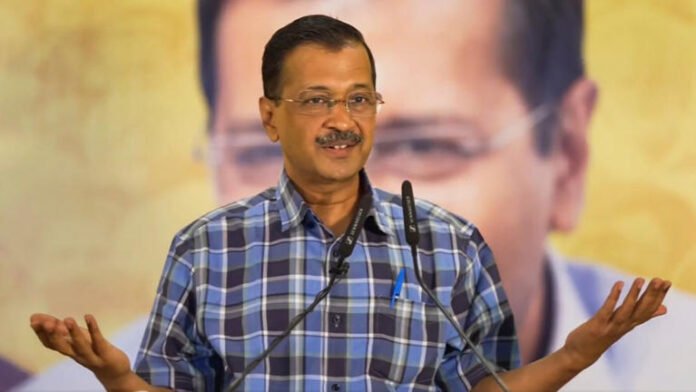The Supreme Court of India on [insert date] granted bail to Delhi Chief Minister Arvind Kejriwal, paving the way for his release from jail after six months of incarceration. The Aam Aadmi Party (AAP) leader’s imprisonment has been a focal point in Indian politics, drawing national attention and widespread debates about the legal and political implications of his case. The verdict marks a crucial moment for both Kejriwal’s political career and the broader context of governance in the national capital.
The Background of the Case
Arvind Kejriwal’s legal troubles stem from charges of corruption and criminal conspiracy. The case dates back to [insert date], when Kejriwal and several of his associates were accused of financial misconduct in relation to a [specific government project/scandal]. The allegations revolved around the misuse of public funds, with investigators claiming that Kejriwal and his team had engaged in illegal activities that resulted in substantial losses to the state exchequer.
While Kejriwal has maintained his innocence throughout the proceedings, calling the charges politically motivated, his arrest in [insert date] led to his incarceration. The lower courts, citing the gravity of the charges and potential risks of tampering with evidence, denied him bail on multiple occasions. The case became a rallying point for opposition parties, who called for Kejriwal’s resignation as Chief Minister, while AAP supporters protested what they saw as an unjust attack on their leader.
Supreme Court’s Bail Decision
After months of legal back-and-forth, the Supreme Court’s decision to grant bail to Kejriwal is seen as a turning point in the case. The court, in its ruling, stated that while the charges against Kejriwal were serious, the prolonged pre-trial detention was not justified given the circumstances. The bench, headed by Chief Justice [insert name], emphasized the importance of personal liberty, noting that keeping a sitting Chief Minister behind bars without a trial posed serious questions about due process.
The court also underscored that bail was not to be seen as an acquittal and that Kejriwal would still have to face trial. However, it pointed out that denying him bail could not be justified when there was no substantial evidence of him influencing the investigation or tampering with witnesses. The bench observed that the judiciary must maintain a balance between ensuring the integrity of the legal process and upholding individual rights.
Political Reactions
Kejriwal’s release on bail has triggered a range of reactions from various political quarters. Leaders of the Aam Aadmi Party hailed the decision, terming it as a victory for justice. Senior AAP leader [insert name] stated, “This is a day of vindication for Arvind Kejriwal and the entire AAP family. The courts have shown that truth always prevails.” He added that Kejriwal’s return to office would restore normalcy in Delhi’s governance, which had been affected by the Chief Minister’s absence over the past six months.
On the other hand, leaders from the Bharatiya Janata Party (BJP) and Congress were more measured in their responses. BJP spokesperson [insert name] remarked, “The court has granted bail, not acquittal. The charges of corruption still stand, and we trust that the judiciary will deliver justice in due course.” Congress leader [insert name] expressed similar sentiments, urging Kejriwal to resign from his post until the trial is concluded.
Implications for Delhi’s Governance
The past six months have been challenging for the Aam Aadmi Party government in Delhi, with Deputy Chief Minister [insert name] stepping in to manage affairs in Kejriwal’s absence. The opposition has criticized the AAP government for alleged governance lapses during this period, while AAP leaders have claimed that their political opponents took advantage of Kejriwal’s incarceration to destabilize the administration.
With Kejriwal now set to return, the focus will shift to how he navigates the political and legal challenges that lie ahead. His release will likely galvanize AAP supporters, who view the case as part of a larger political conspiracy. However, the charges of corruption continue to cast a shadow over his administration, and the upcoming trial will be a critical test for both Kejriwal and his party.
A Complex Legal Battle Ahead
While Kejriwal’s release from jail marks a temporary reprieve, the legal battle is far from over. The court has made it clear that the trial must proceed, and the Chief Minister’s future hinges on the outcome of that process. Kejriwal’s legal team is expected to mount a strong defense, aiming to clear his name entirely, while the prosecution will continue to argue its case based on the evidence gathered during the investigation.
As the trial progresses, it will not only shape the future of Kejriwal’s political career but also have significant implications for Delhi’s governance and the broader political landscape in India. With elections on the horizon and Kejriwal’s leadership under scrutiny, the months ahead promise to be a crucial period in Indian politics.

